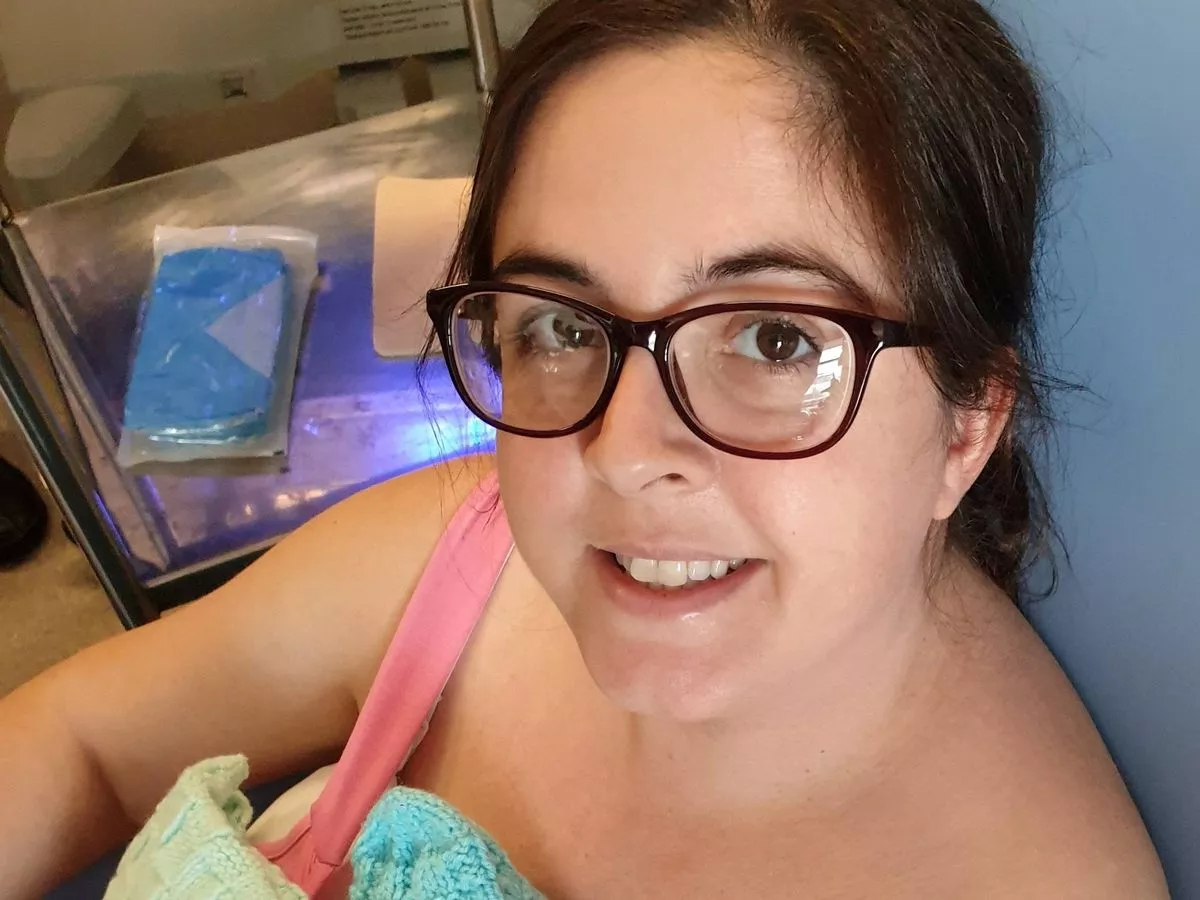By Isabelle Bates,Swnsed ed Chatterton
Copyright birminghammail

An ambulance service has acknowledged failing to spot crucial warning signs that could have saved a mum who died from a brain blood clot – after her condition was wrongly attributed to an ear infection. Natasha Hewitt, 35, died three days after incompetent NHS call operators failed to urgently direct her to hospital for potentially life-saving care. The mother-of-one had rung the NHS 111 helpline seeking guidance after enduring migraine-type symptoms for several days. She had already been prescribed antibiotics and pain relief by medics for a suspected ear infection following a visit to a walk-in centre. During the phone call, she explained she couldn’t shake off her headache, which had struck suddenly and felt like “someone had hit her with a brick”. Natasha, from Sheffield, was also experiencing dizziness and struggling to stand – yet the call operator failed to direct her to hospital. She should have been told to get to hospital within an hour or, if transport wasn’t possible, an ambulance should have been sent immediately. Instead, she was advised to contact her GP for additional guidance that morning, which she did and received more medication. However, roughly 24 hours later, her husband Nick dialled 999, and Natasha was rushed to hospital. Doctors diagnosed her with a cerebral venous sinus thrombosis – a massive blood clot on the brain – and she was moved to a specialist neurological unit for surgery. Tragically, she passed away two days later, leaving behind her husband Nick, 44, and their 16-month-old son Harry, just a week before Christmas 2022. Yorkshire Ambulance Service, which operates the 111 helpline, has now admitted to a breach of duty in Natasha’s care. The service conceded that if her condition had been diagnosed and treated successfully, it is likely she would have survived. An inquest also previously determined there was a “missed opportunity” to refer Natasha to hospital earlier and that neglect had contributed to her death. A heartbroken Nick said: “Natasha was the most loving and devoted wife I could have ever hoped for. She was warm, funny, and incredibly bright. “More than anything, she was my closest friend. “We’d been through some tough times, but when Harry was born and home it felt like a new chapter in our lives. “We’d do everything as the three of us and life seemed perfect. “Watching her suffer during those final days was awful. I could see her condition getting worse but felt powerless to help. “We had no reason not to believe what Natasha had been told when she called 111. However, by the next day I knew I had to call 999. “I can’t thank the doctors and everyone else at hospital for everything they did to try and help Natasha but by that point it was too late. “Losing Natasha is something I’ll carry with me forever. We had so many plans and dreams for our future which have been left shattered. “What’s most painful is knowing that Harry has lost his wonderful mum. “I tell him about her and how proud she would be of him, but it breaks my heart that Harry can’t get to feel Natasha’s love first-hand. “Natasha didn’t deserve to go through what she did. I just hope that by sharing her story other families don’t experience what we have.” Natasha, who was pursuing a business management with accounting degree via the Open University, began experiencing back pain on December 8, 2022. Just three days afterwards, she had begun taking powerful painkillers to combat severe headaches. She was still able to go Christmas shopping with Nick and Harry, during which the pair purchased Harry’s very first shoes. On December 14, Nick took her to a walk-in clinic where medics prescribed antibiotics and pain relief for what they believed was a left ear infection. The next day, Natasha began being sick. After contacting NHS 111, a doctor prescribed additional antibiotics. But her health kept getting worse and Nick rang for an ambulance on December 16. After undergoing brain surgery, Natasha passed away at 1am on December 18, 2022. Natasha and Nick had endured 11 miscarriages and two unsuccessful IVF attempts before discovering they were expecting Harry. At 25 weeks into her pregnancy, Natasha was found to have a blood clot in her placenta, prompting medics to deliver Harry 14 weeks early in July 2021. The following month, Natasha also had to be hospitalised due to a blood clot on her lung. Their son Harry, who is now four years old, spent 18 gruelling weeks in neonatal intensive care before he was finally allowed to go home with his parents. Rosie Charlton, the medical negligence solicitor at Irwin Mitchell who is representing Nick, described it as: “This is a truly tragic case. “Nick and the rest of Natasha’s family are traumatised by her avoidable death and the circumstances surrounding it. “Worrying issues have been admitted regarding Natasha’s 111 call and they vividly highlight the importance of patients being fully listened to so the best decisions are made regarding care. “As we work with the Ambulance Service towards a settlement which will secure the future of Natasha and Nick’s son we urge it to learn lessons from Natasha’s death so others don’t have to endure what they have.” According to NHS guidelines, cerebral venous sinus thrombosis is a condition where a blood clot forms in the cavernous sinuses, located beneath the brain and behind the eyes. A blood clot can develop when an infection in the face or skull spreads to these sinuses. However, sometimes clots can form without any infection present. Symptoms include a sharp and severe headache, swelling and bulging of the eyes, double vision and a high temperature. Peter Reading, the chief executive at Yorkshire Ambulance Service NHS Trust, expressed his condolences, saying: “First and foremost, our thoughts remain with Natasha Hewitt’s family following her death in December 2022. “On behalf of the Trust, I would like to reiterate our sincere and unreserved apologies for the NHS 111 service failing to meet the high standard of care that all of our patients are entitled to expect. “The incident was fully investigated and learning from this has been used to make improvements to the care and services we provide.”



